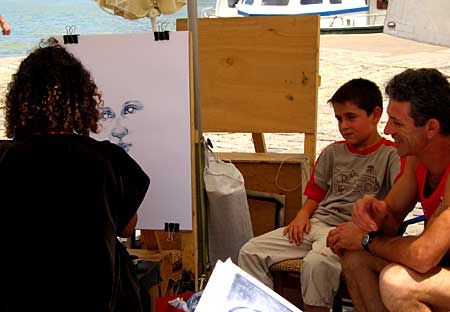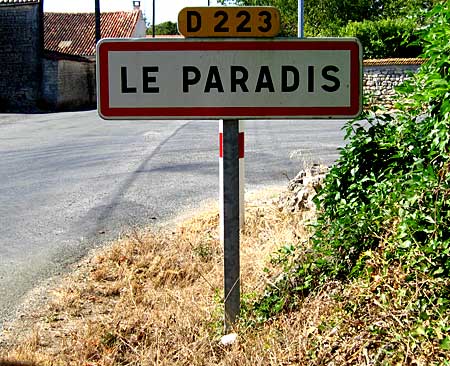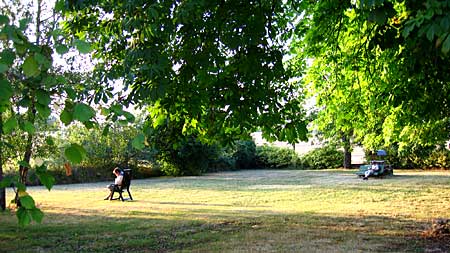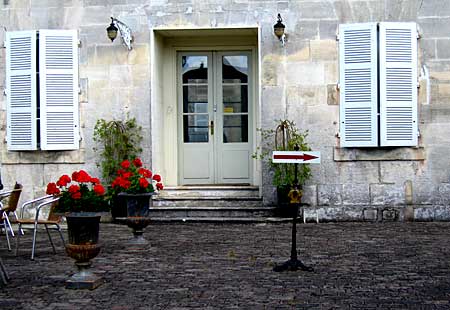The UN Working Group on Internet Governance has produced its report. The BBC summarises it thus:
WGIG has issued its report about net governance and has tabled four possible futures for what should be done about policy issues, such as spam and hi-tech crime, that fall outside Icann’s narrow technical remit.
Option One – create a UN body known as the Global Internet Council that draws its members from governments and “other stakeholders” and takes over the US oversight role of Icann.
Option Two – no changes apart from strengthening Icann’s Governmental Advisory Committee to become a forum for official debate on net issues.
Option Three – relegate Icann to a narrow technical role and set up an International Internet Council that sits outside the UN. US loses oversight of Icann.
Option Four – create three new bodies. One to take over from Icann and look after the net’s addressing system. One to be a debating chamber for governments, businesses and the public; and one to co-ordinate work on “internet-related public policy issues”.
The one common aspect of all four proposals is the creation of some sort of talking shop that will give governments and others a say in how the net develops.
En passant one’s confidence in the UN’s approach to all this is not exactly reinforced by the fact that they choose to release the report in Microsoft Word format as well as PDF.






